An overview of selected new books in Szilárd Library, with a word from their authors, reviewers and publishers
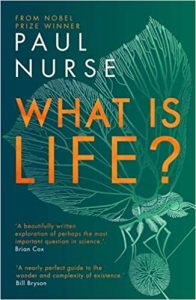
By Paul Nurse
Nobel prize-winner Paul Nurse has spent his career revealing how living cells work. In this book, he takes up the challenge of defining life in a way that every reader can understand. It is a shared journey of discovery; step by step he illuminates five great ideas that underpin biology.
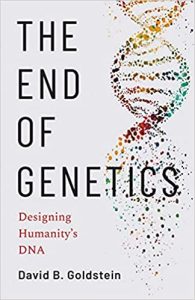
By David B. Goldstein
Brilliant overview of what we do and do not know about human genetics, pointing to the complex, yet largely unexplored, issues we must be most careful about as we move into an era of increasing numbers of parents exercising direct control over the genomes of their children.
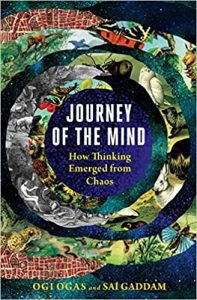
By Ogi Ogas and Sai Gaddam
Why do minds exist? How did mud and stone develop into beings that can experience longing, regret, love, and that are aware of their own experience? Journey of the Mind is the first book to offer a unified account of the mind that explains how consciousness, language, the Self, and civilization emerged incrementally out of chaos.

By Chris Voss with Tahl Raz
This book takes you inside the world of high-stakes negotiations, revealing the nine key principles of negotiating summarized by FBI kidnapping negotiator Chris Voss.

By Oliver Roeder
A group biography of seven enduring and beloved games, and the story of why-and how-we play them. Checkers, Backgammon, Chess, and Go. Poker, Scrabble, and Bridge. Funny, fascinating and profound, Seven Games is a story of obsession, psychology, history, and how play makes us human.

By Christiane Nüsslein-Volhard
In this illustrated exploration of colors and patterns and how they function in the social life of animals, Nobel Prize–winning biologist Christiane Nüsslein-Volhard examines key examples of ornament and sexual selection and lays the groundwork for biological aesthetics.
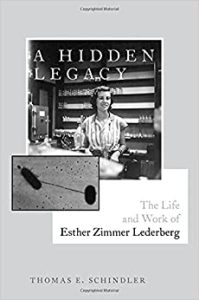
by Thomas E. Schindler
The story of institutional discrimination known as The Matilda Effect. In the decade leading up to the discovery of the DNA double helix, Esther Zimmer Lederberg’s collaborated with her husband, Joshua Lederberg, to establish the new field of bacterial genetics, which earned Joshua the 1958 Nobel Prize, but Esther’s contributions were overlooked by the Nobel committee.

By Michael J. Benton
When Life Nearly Died documents not only what happened during this gigantic mass extinction but also the recent renewal of the idea of catastrophism: the theory that changes in the earth’s crust were brought about suddenly in the past by phenomena that cannot be observed today.
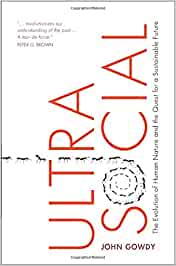
By John M. Gowdy
Ultrasocial is a fascinating exploration of the future direction of humanity: Can we forge a better, more egalitarian, and sustainable future by changing current socioeconomic – and ultimately destructive – path? John Gowdy explores how this might be achieved.

By Ben Rawlence
The Arctic treeline is the frontline of climate change, where the trees have been creeping towards the pole for fifty years already. Deeply researched and beautifully written, The Treeline is a spellbinding blend of nature, travel and science writing, underpinned by an urgent environmental message.









